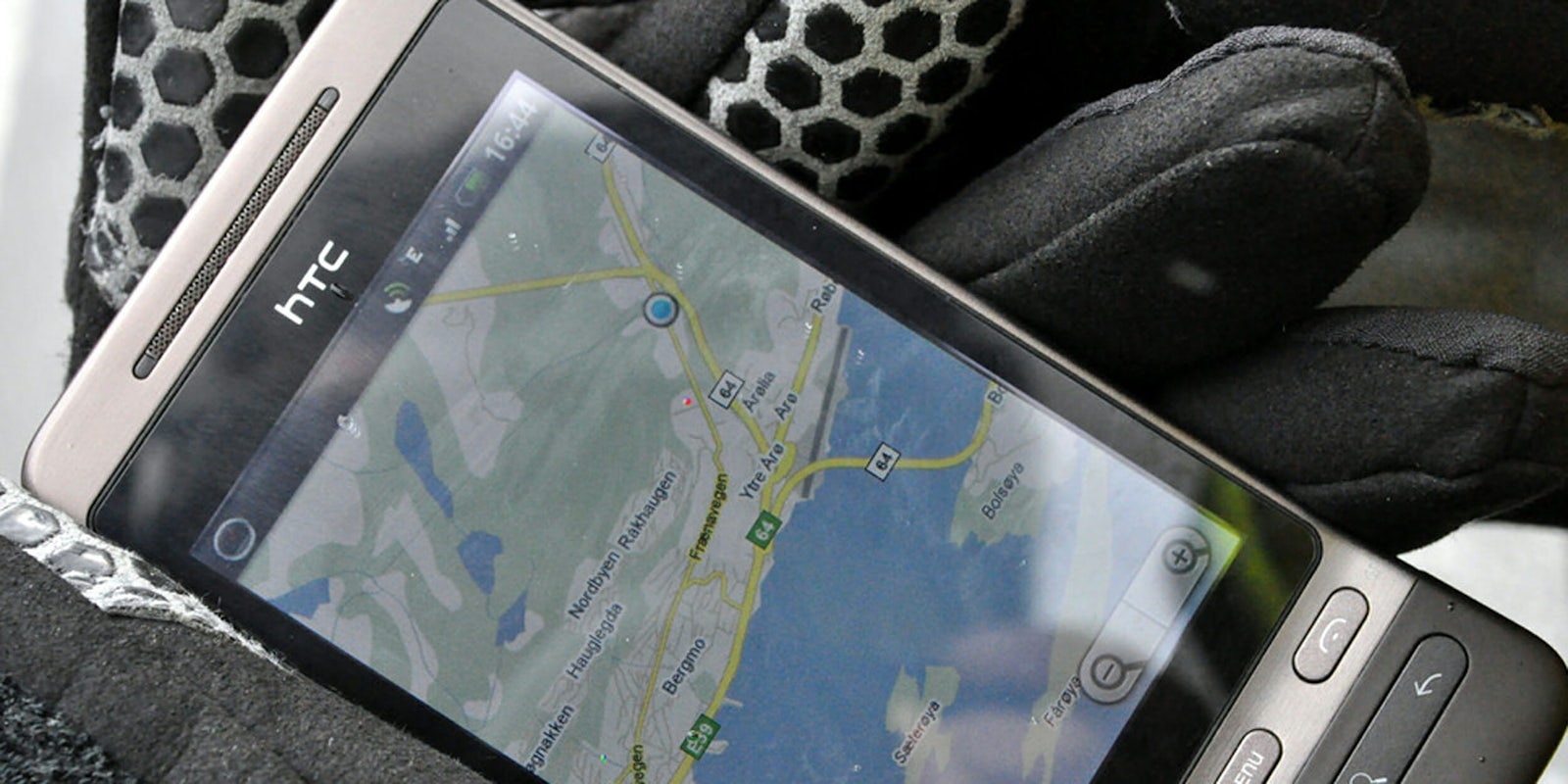The Supreme Court will hear a case on whether the United States government needs a warrant to access a person’s personal cellphone location history kept by phone companies.
The case, Carpenter v. United States, is being called a landmark case for privacy rights in the digital age. Other similar digital privacy cases have cropped up in recent years, including the use of an Amazon Echo in a homicide investigation and Apple rejecting an FBI request to unlock a terrorist’s iPhone.
The Supreme Court will hear the case, which stems from an appeal of a man who was arrested in 2011 during an investigation into several armed robberies of Radio Shack and T-Mobile stores in Detroit. Police found that the man, Timothy Carpenter, was near the scene of the crimes using data that pinged his phone near the sites of the robberies.
The American Civil Liberties Union, which is a co-counsel in the case, claims that authorities did not obtain a probable cause warrant for the cell service records. The records they received for Carpenter’s phone covered 127 days and revealed 12,898 points of location data, according to the ACLU.
The records, the ACLU says, provide a detailed account of where people go every day, which can include private details. The data is collected from cell towers that interact with people’s phones when they are used nearby.
“Because cellphone location records can reveal countless private details of our lives, police should only be able to access them by getting a warrant based on probable cause,” Nathan Freed Wessler, a staff attorney with the ACLU Speech, Privacy, and Technology Project, said in a statement. “The time has come for the Supreme Court to make clear that the longstanding protections of the Fourth Amendment apply with undiminished force to these kinds of sensitive digital records.”
Government lawyers argue that the Stored Communications Act shows that they do not need to gain probable cause in order to obtain customer records from phone companies. Instead, they argue, they only need “reasonable grounds” that the records are “relevant and material” to an investigation, according to Reuters.
Steve Vladeck, a University of Texas national security and constitutional law professor, told Reuters that the case will have “enormous implications” on what the government can take from phone companies.
“Courts and commentators have tried to figure out exactly when individuals will have a continuing expectation of privacy even in data they’ve voluntarily shared with a third party,” Vladeck told the news agency. “This case squarely raises that question.”


